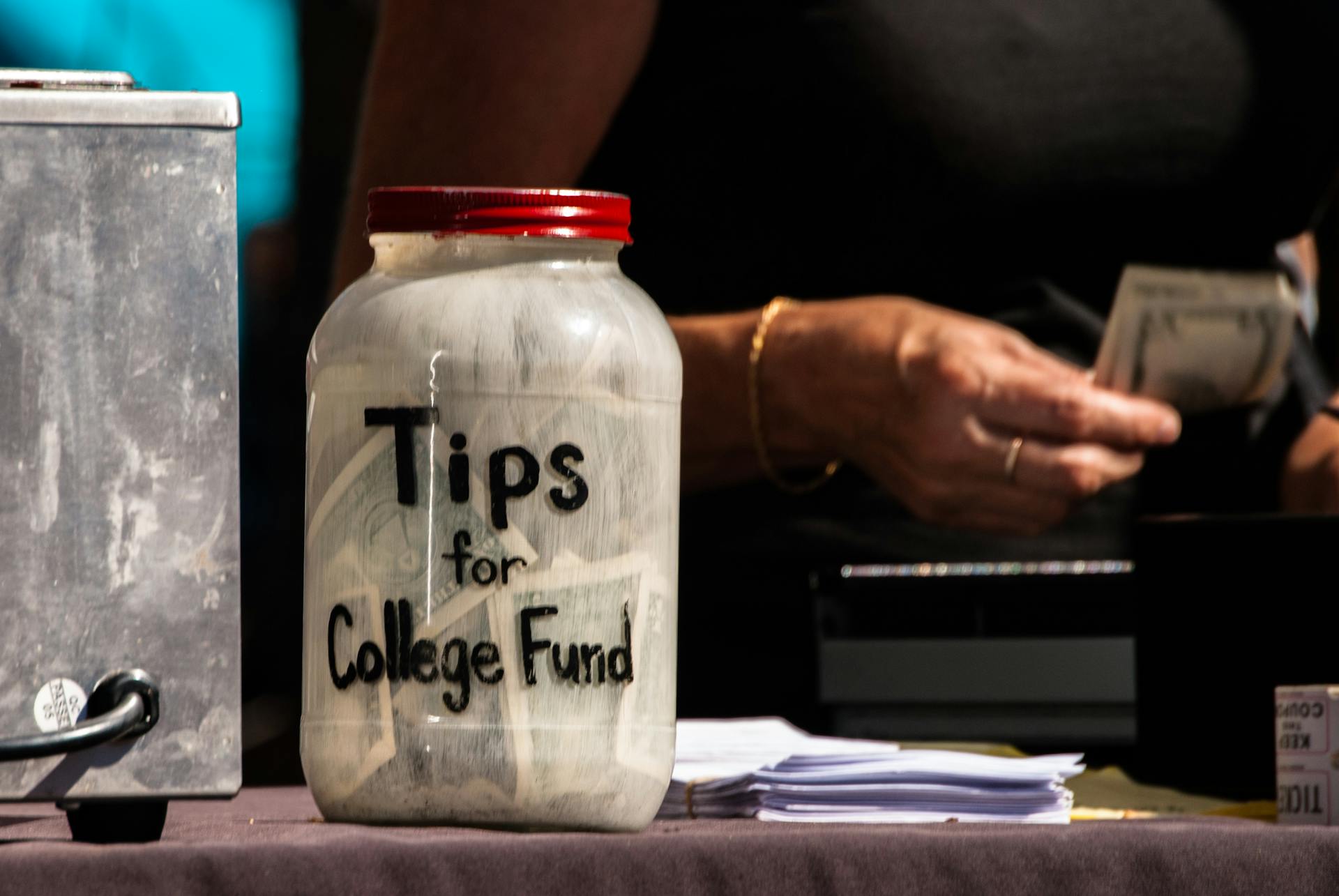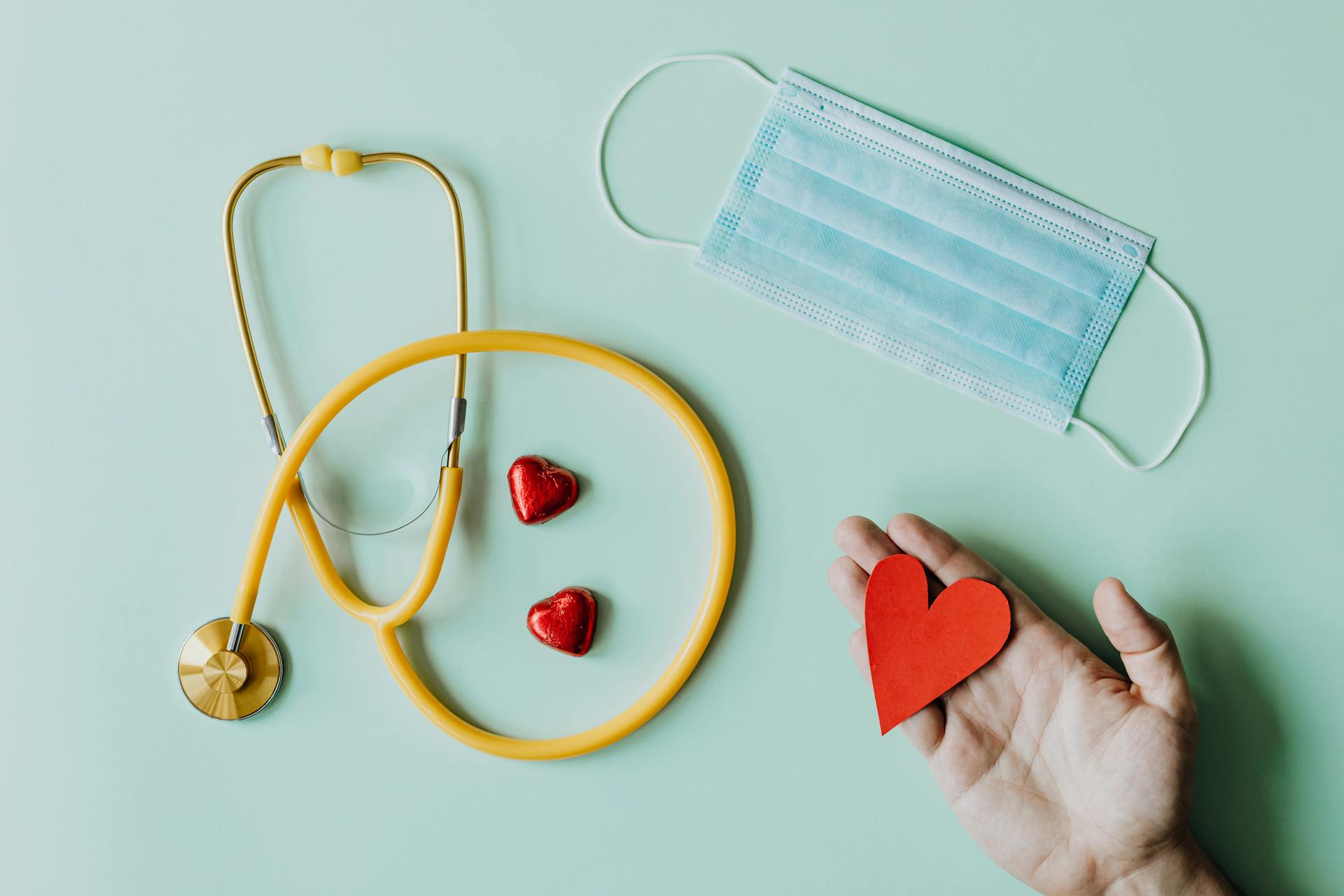
If you’re considering donating your eggs to help others become parents, you may be wondering how old you have to be before you can do so. The good news is that egg donation programs typically accept female donors between the ages of 21 and 35. That said, most centers prefer donors within a narrower range, such as 22 and 32.
Your age is an important factor in the process because fertility naturally decreases with age. Women over 35 are generally not eligible for many egg donation programs because their eggs may not produce viable embryos when used in other woman's fertility treatments. This reduces success rates for patients who use donated eggs and therefore it is not beneficial for an older woman to donate her eggs even if she meets certain medical criteria such as having regular menstrual cycles or healthy hormone levels. Furthermore, if women over 35 choose to donate their eggs anyway in select centers which allow it, they may be required to undergo a more exacting screening process that typically include lab testing, psychological evaluations and genetic screenings of both the donor and her immediate family members due tot he higher risk associated with donating at an older age compared to younger donors.
Another consideration depending on state laws regarding egg donation is that some states may have an upper age limit on donating which ranges from 34-36 years old so it’s always beste o check any specific requirements before applying for donation program in your area if you are close in age or above this threshold as some states also require a parental consent too if donations come from minors under 18 years old too.
Overall, when it comes deciding whether or not someone is too old donate their eggs depends largely on the policies of each center yet most clinics only accept women between 21-35 years old for reasons mentioned earlier which helps ensure successful outcomes for recipients who use donated material bought from these clinics due safety concerns which arise with rare cases of fertility issues linked by genetics wherein both donor and recipient should carefully go through prior evaluation procedures beforehand.
Explore further: How to Use Just Egg in Baking?
What is the minimum age limit for egg donation?
Question: What is the minimum age limit for egg donation?
Answer: The minimum age limit for egg donation varies from clinic to clinic, so it is important to ask your fertility doctor what their specific requirements are. Generally, most clinics have an age range between 21-35 years old. The upper cut off age can differ based on your individual medical and reproductive health status.
Just like with any medical procedure, there are risks associated with donating eggs. For example, there’s a risk of uncomfortable side effects as a result of hormone injections used during the process and multiples may be created if multiple eggs are implanted during the IVF cycle. Therefore, in order to ensure that both parties involved in the donation process are thoroughly educated and knowledgeable about these risks it’s important for clinics to require potential donors within a certain age range – typically older since those over 35 tend to experience more physical side effects from hormonal treatments than younger women do – as well as weigh overall decision making fully before committing to the process at all.
If you or someone you know is interested in donating eggs or having family via donor eggs it’s best practice to research clinics closely and make sure every detail has been fully understood prior to beginning treatment.
Suggestion: Donating Eggs
Are there additional requirements in order to donate eggs?
When it comes to donating eggs, many individuals and couples assume the process is similar to that of donating blood or plasma. While those processes are relatively easy, egg donation carries with it additional considerations and requirements.
For starters, you must be healthy and relatively young (usually 18-35 years old). Your body must be able to successfully produce high-quality eggs for a successful embryo creation and subsequent pregnancy. In addition, you will undergo a thorough medical evaluation which might include tests for infectious diseases such as HIV or Hepatitis. You may also need to provide detailed medical/family history information in order confirm your health status. Applicants over the age of 35 might not qualify depending on fertility clinic’s requirements.
In addition to health related requirements potential donors have to pass certain psychological tests in order assess their suitability as an egg donor. The rules vary from one state/country to another but generally designed screen out mental health issues or complex family dynamics that can prevent a successful donation process. Potential donors are advised to avoid any drugs that could interfere with fertility prior and during the donation period like recreational drugs or even certain types of medications without consulting a doctor first. Finally, if accepted into an egg donor program potential donors have be ready make lifestyle adjustments such as abstain from alcohol on some days leading up their scheduled donations cycle in order improve their chances success from egg retrieval procedures once its underway.
Readers also liked: Egg Donor
How many eggs can I donate at once?
When it comes to egg donation, the amount of eggs that can be donated at one time really depends on the specific donation center and the donor's individual health. In general, however, most donation centers accept six to twelve eggs for a single cycle of egg donation. Some clinics may even require more than twelve or accept fewer than six depending on the particular needs of their recipients.
The first step in finding out how many eggs you can donate is to find a fertility clinic that accepts egg donations. When you call them they will be able to provide information about what they require in terms of number of eggs and overall health requirements for donors.
The second step is to get medically cleared by your doctor or fertility specialist and prove that you are eligible as an egg donor. Fertility clinics typically have very strict medical criteria when it comes to selecting donors and will usually require a series of tests including hormone testing, physical exams etc., just to make sure that all potential candidates meet their standards before they are accepted into the program.
Once these steps have been completed, then the clinic should be able give you an exact answer as to how many eggs you can donate at once according to their policy and standards regarding egg donations from individuals like yourself who qualify for their program. Depending on your individual health as well as any other factors that might affect your eligibility for donating multiple eggs during one cycle(such as age), there might even be certain cases where only four or five eggs are allowed instead; so it is always important consult with both your doctor/specialist AND with your chosen donation center prior beginning any sort of process surrounding donating multiple amounts if this route is what interests in pursuing!
Broaden your view: How Much Just Egg Is Equal to One Egg?
How much compensation can I receive for donating eggs?
Donating eggs can be a great way to help someone become a parent, and the potential compensation you receive for this generous act should not be overlooked. The amount you can receive in compensation differs greatly depending on the fertility clinic and jurisdiction, but typically compensation for egg donation ranges from $3000 to $5000.
It is important to note that clinics often have set rules regarding payment, such as paying all at once upon completion of the cycle or splitting it into multiple payments throughout the process. Furthermore, many jurisdictions have laws regulating payment for egg donations, so it is critical to look into your local laws before donating eggs in order to understand what type of monetary compensation you may be eligible for if any.
In addition to monetary reimbursement, some clinics may offer other forms of compensation such as travel reimbursements or discounts on fertility treatments if they apply. Other than money though more meaningful compensations could include knowing that you are helping someone create their dream family by donating your eggs and watching them build their future with those extra resources they would otherwise lack access too.
Overall it’s important that potential donors research carefully before pursing egg donations as there is both financial and emotional commitment associated with this process. But when done ethically and responsibly donors can feel confident knowing that they could potentially make a life changing difference in another persons life while also being well compensated through monetary payments or societal contributions for their time and energy used.
What is the process for donating eggs?
Donating eggs is a generous act that allows infertile and otherwise unable couples to grow their family. Whether you choose to donate eggs for altruistic or economic reasons, the donation process can be involved and emotionally exhausting. The following are some of the basic steps involved with egg donation:
1) Initial Evaluation - Before consideration as an egg donor, you will have to undergo an initial evaluation. This typically involves completing paperwork regarding your medical history, physical examination, ultrasound scans of your ovaries, blood tests (including mandatory STD testing), as well as other tests such as a psychological evaluation.
2) Medication – After the initial evaluation is completed and cleared by the fertility clinic, you will have to take certain medications in order to prepare your body for egg retrieval. These medications are typically self-administered hormones that stimulate ovarian follicle growth by suppressing the production of natural hormones by your body in order to increase egg production from 12-20, allowing for multiple eggs being retrieved during one cycle. You must closely follow all medication instructions that are set out for you in order for your treatment cycle to progress properly. Additionally if smoking/consuming alcohol/caffeine these activities should also be avoided before and during treatment cycles since these activities can negatively effect follicle stimulation or implantation success rates when combined with fertility drugs used in hormonal stimulation cycles.
3) Egg Retrieval – Once it’s determined that enough eggs were matured during treatments due ultrasounds monitoring of follicles then donor can then move forward with having her eggs retrieved via a minor outpatient procedure performed at a fertility clinic while under general anesthesia where using transvaginal ultrasound guided needle several mature oocytes in each ovary are removed directly from follicles through puncturing aspiration method after which oocytes biopsies may be taken prior freezing stage when depending on specific fertility clinic protocols.. All risks associated with procedures such as this one must always be discussed prior electing this option especially if considering donating several times over course over time...
4) Compensation - In most cases egg donors receive financial compensation after completing successful donation cycles however rules governing size varies significantly across different countries,states law vary significantly etc.. so interested parties should research extensively before agreeing on any payment arrangement.
5) Closing notes - This list attempts not serve legal advice nor is there 100% guarantee risk free experience but hope this helps understand basics process when considering donating fertilized eggs. Good luck!
You might enjoy: How Much Just Egg for One Egg?
Featured Images: pexels.com


